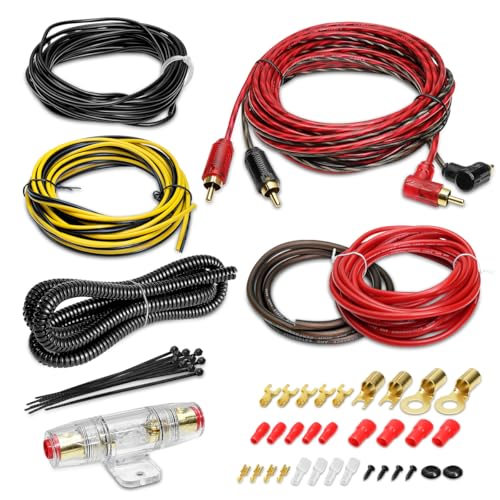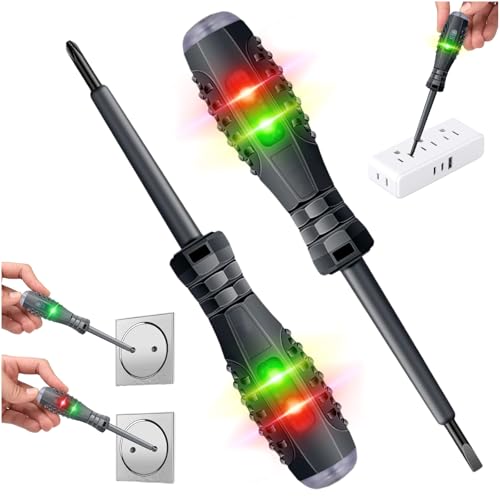Any advice with getting started out would be greatly appreciated. I'm going with domestic installer initially just because I think this will be easier to get registered as but am open and and a bit undecided on the preferred work I want to try to focus on for the longer term. Am a bit concerned focusing only on the domestic could be abit cut throat and wrangling and justifying price to customers continuously because they don't realise your overheads isn't something I wouldn't want to be doing all the time
When starting out you really do need to know exactly what customers you are aiming to reach... That is just basic good business principals..
e.g. you don't go opening a shop then think.. ohh what shall I sell?? sweets/clothes/second-hand records/car spares/jewellery/pet food/E-cigarettes...….
and you don't mix high quality top brand goods with cheap bargain basement unbranded stuff as the type of customers are very different categories...
each having different expectations and budgets.
Sometimes people make the mistake of branding all electrical work as the same service and product.. but its not. If you stop and think about say..
Building site work: first fixing a row of half dozen detached properties for a local builder...
Light commercial breakdown & maintenance: keeping a varied selection of 3-phase & single phase machines & tools, fixed & portable on a small industrial estate working as & when 24/7.
Domestic alterations#1: fitting new recessed downlights in the master bedroom, en-suit and kitchen in a big posh property with large gated driveway.
Domestic additions#2: running a new circuit down the back garden to the shed/workshop from a small two-bed terraced town house down a narrow side road with no off-street parking.
Rural agricultural: putting the power in to a new milking parlour on a farm that is miles away from the nearest wholesaler.
Have a think about the types of materials, tools, protective clothing, size of vehicle needed to facilitate the work....
Unless you are absolutely top-notch at working out how many fixings & connectors etc.. you are going to need for each and every job,
You will have to carry are certain quantity of stock as well as your tools so the jobs don't grind to a halt...
But you don't want to be wasting fuel driving a heavy van full of industrial type fixings and cable if your doing domestic alterations and first-fixes for a local builder!
And you don't want to have to keep saying 'no' to urgent breakdowns on the widget-making machine,
because you have got to get the upstairs cables in on the new extension, before the plasters come and board the room tomorrow!
Or you can't go bowling into Mr & Mrs Poshnuts bedroom in your dirty boots/clothes from the factory breakdown or farm alterations..
Unless you are partnering up with some other guys who can assist with covering the different bases as and when,
It can be quite a tricky juggling task trying to be all things to everyone..
Plus you can end up with a lot of dead money tied up in stock and tools that are not earning you any regular income!
The old phrase 'Jack of all trades & Master of none' is sill true even within the various sectors of electrical work..
Only you know the area where you live, and how far and for how long you are prepared to travel to jobs...
and what distribution of homes/offices/factories/shops etc.. there are within your locality..
You need to suss out who are your target customers and who else is already out there doing the jobs that you are aiming to get?
Think of your tools & equipment as your employees, are they earning you money doing regular work for you?
Not many business like to have a member of staff who only works 4 times a year...
but be more pleased with a team working 3 and 4 days a week each even if they cant work every day!
You have also got to be aware of rouge, timewasting, uncommitted, late paying, mind changing, customers...
who will change the tune every time you speak to them.
If you are not careful you can end up spending lots of time jumping through their hoops for negligible return...
Its not normally lack of work that kills businesses its cash-flow.. keep all you accounts up to date,
don't overcommit on jobs unless you are 100% sure you will get your payments back on time.
:Salute
































































